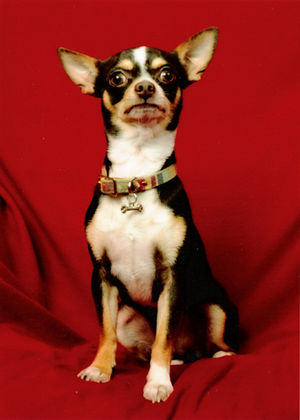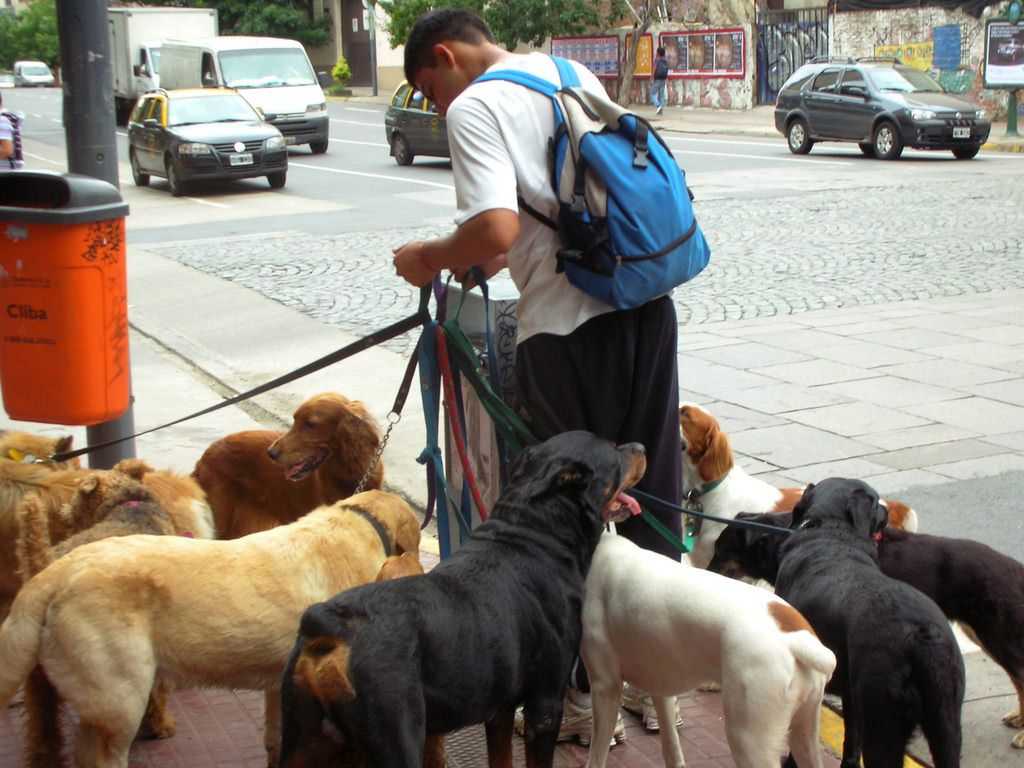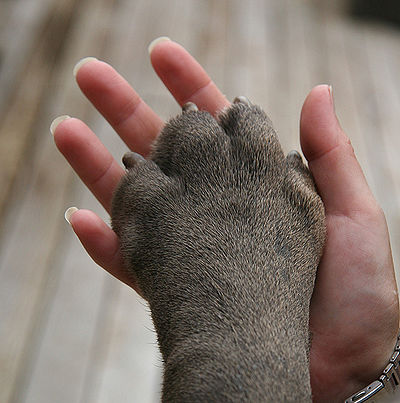
In recent years, little dogs have become very popular. They are cuddly, fit nicely in your lap and are easy to take with you wherever you go. Because of their size, little dogs need special care. Here are some tips to help with that care.
No matter what size, every dog needs to have obedience training and socialization. We tend to ignore this aspect of dog care with small dogs and perhaps spoil them a bit. It’s important to remember that despite body size, they are still dogs with the same temperaments and personalities as their larger cousins.
Small dogs should be fed more than once a day, dividing their daily portion into 2-3 feedings. Puppies should be fed more often, 3-4 times daily. This will help prevent hypoglycemia (decreased level of blood glucose). Kibble for small dogs is usually their bite-size. Some people choose to feed canned food which is fine. If you prepare homemade food, you can freeze the right size portions and take them out daily.
If your dog does develop hypoglycemia, signs can be lethargy, inappetance, uncoordinated movements, odd behavior. In an emergency situation you place a small amount of honey on the gums until you get to the veterinarian.
Little dogs sometimes have trouble jumping up on the sofa, chair or bed. There are special steps to help your pup climb up easily and avoid injuries.
Injuries sometimes happen with small dogs. They suddenly jump out of your arms, they fall, they are played with too roughly, or are underfoot and someone accidentally steps on them. This can mean broken bones, so extra care needs to be taken to avoid these accidents.
Small dogs are more prone to dental problems, so brushing their teeth several times a week is a must. Nails need to be trimmed more often too.
A place to retreat to should be provided – a crate or quiet room will do. It should be an area where your dog can rest without being disturbed.
When planning on going long distances with your dog, s/he may find it difficult to keep up. Providing a special doggie purse or stroller is a safe way for your dog to accompany you.
If you have a yard, be sure that the fence is secure. Remember that little dogs can squeeze through places big dogs wouldn’t even try. Your little pal shouldn’t be left unattended for any length of time, especially in areas where there are birds of prey. They have been known to take puppies and small dogs.
In cold weather, use a coat or sweater to avoid hypothermia, a decrease in body temperature. Many small dogs don’t have an undercoat to keep them warm. Check your dog’s paws after being outdoors. Snow, ice, burrs, etc. often are caught on toes, especially those dogs with long hair.
Exercise is just as important for small dogs. By observing your dog, you can tell when s/he has had enough. While they can be just as active as large dogs, don’t overdo the exercise.
Knowing how to care for your small furpal will keep him/her healthy and happy for many years of enjoyment.
Related Articles



